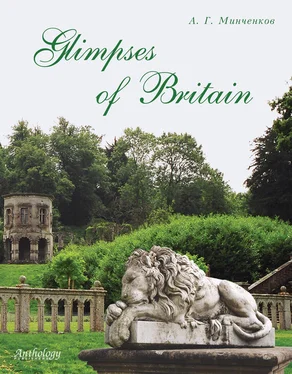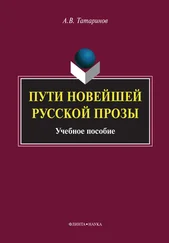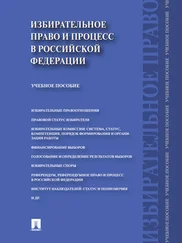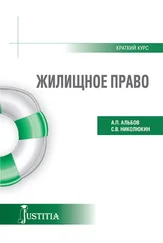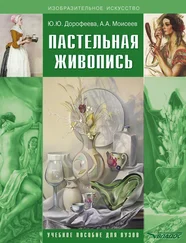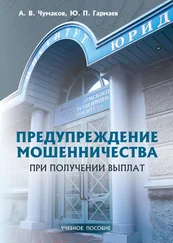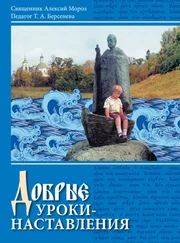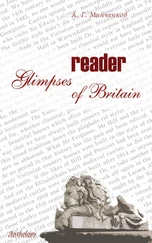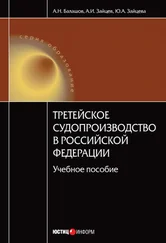The struggle between the church and the state reached a crisis in the reign of Henry II. When the king came to the throne he appointed Thomas Becket to the major administrative post of chancellor. Becket and the king became great friends. In Becket the king saw a means of tidying up relations between church and state. He believed that with his friend as Archbishop of Canterbury the situation could return to how it had been just after the Conquest. In 1161 the opportunity came with the death of the archbishop. On 2 June 1162 Becket was ordained priest and on the following day appointed Archbishop of Canterbury. After that he immediately resigned all his secular offices and changed his style of life to self-denial and humility. Henry, however, failed to recognize that times had changed and his old friend had been trained in the new canon law in which the clergy were exempt from lay interference. Henry decided that criminal clerks must in future be tried by lay courts, for in a church court the worst sentence was to defrock the clerk. Public opinion supported the king and most bishops agreed, but Thomas refused and fled abroad. For 6 years there followed endless attempts to bring about a reconciliation. In July 1170 Becket returned to England. His first act was to excommunicate all the bishops who had taken part in the coronation of Henry’s son as successor in Becket’s absence. The king was seized with fury, crying in an unguarded moment ‘Who will rid me of this low-born priest?’ In all too eager response four knights slipped out of the room, set sail for Kent and on 29 December murdered the archbishop in his own cathedral.
Becket’s tomb in the crypt of Canterbury Cathedral [21] became a shrine at which miracles occurred and soon after, in 1173, the pope canonized him. Canterbury swiftly became the most popular centre of pilgrimage in medieval England. The king himself did penance walking barefoot through the streets of Canterbury and after that gave himself over to being flogged by his bishops and monks. Yet, Henry’s inheritance was splendid: good government in terms of peace, law and order on a scale unknown to any other country in Western Europe at the time.
Конец ознакомительного фрагмента.
Текст предоставлен ООО «ЛитРес».
Прочитайте эту книгу целиком, купив полную легальную версию на ЛитРес.
Безопасно оплатить книгу можно банковской картой Visa, MasterCard, Maestro, со счета мобильного телефона, с платежного терминала, в салоне МТС или Связной, через PayPal, WebMoney, Яндекс.Деньги, QIWI Кошелек, бонусными картами или другим удобным Вам способом.
